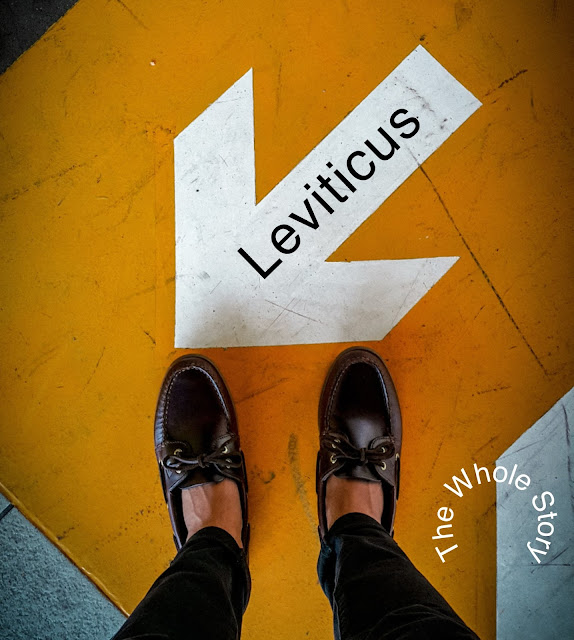Numbers 14:30-34
“not one shall come into the land where I swore that I would make you dwell, except Caleb the son of Jephunneh and Joshua the son of Nun. But your little ones, who you said would become a prey, I will bring in, and they shall know the land that you have rejected. But as for you, your dead bodies shall fall in this wilderness. And your children shall be shepherds in the wilderness forty years and shall suffer for your faithlessness until the last of your dead bodies lies in the wilderness. According to the number of the days in which you spied out the land, forty days, a year for each day, you shall bear your iniquity forty years, and you shall know my displeasure.’”
How much does God have to bless us before we are grateful? How many miracles does God have to perform before we will believe and obey? Those are the questions we might ask from reading this passage. For others, does the punishment fit the crime? The people were afraid to go into the land God promised, so He said that everyone over 20 years old at the time would die before anyone set foot into the land. Harsh or justified?
If you consider the past few months leading up to this event, you will get a clearer understanding. After the Israelites left Egypt, they complained about dying at the Red Sea. This was right after the 10 plagues. So, God split the sea and they crossed in one night. They complained about food and God dropped food from heaven.
They were constantly ungrateful in the midst of miracles. Their memory disappeared with every struggle. Finally, God was justified because they were never satisfied. They really did not seem to want to go to the Promised Land anyway.
Look at your life. Yes, you have had difficult days, but followers of Christ, God is good – and never forget, gratitude cures misery.
While using the HEAR method (see below) consider the following questions:
- What is something that you are tempted to grumble or complain about at the moment?
- How has God been faithful in your life recently?
- Do you believe that being grateful for what God has done helps to cure misery?
Highlight – what words or phrases jump out at you?
Explain – what does the passage mean?
Apply – how does the passage intersect with your life today?
Respond – how is God leading you to respond?
Pastor Stephen Williams


